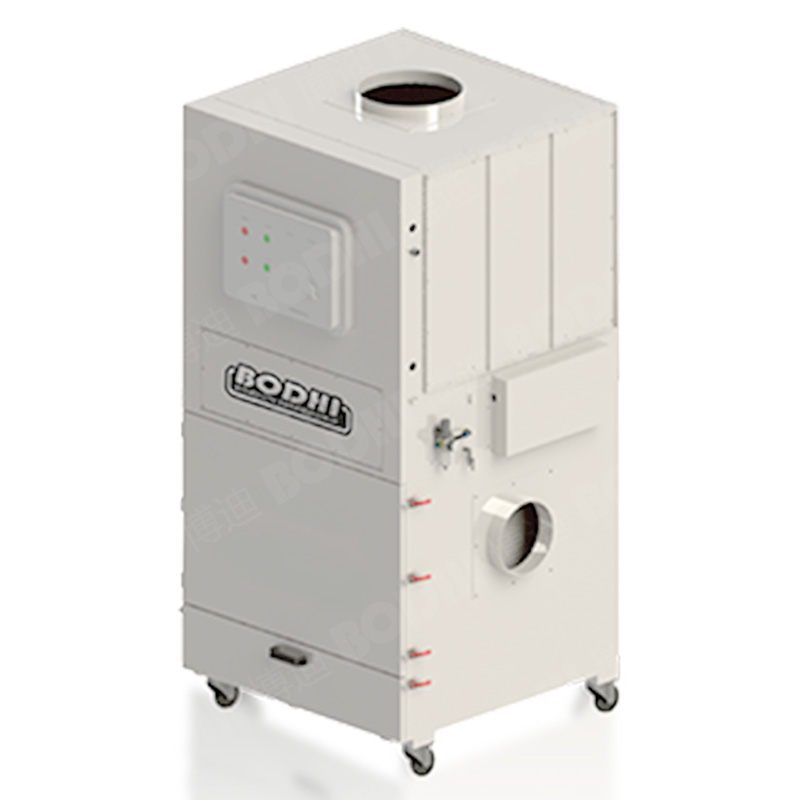Missing a night of sleep can be a daunting experience, impacting not only your immediate cognitive function but also your overall well-being. Whether it’s due to work commitments, social obligations, or unexpected life events, understanding how to effectively recover from sleep deprivation is crucial. This post delves into practical strategies that can help you bounce back and restore your vitality after a sleepless night.
Understanding the Impact of Sleep Deprivation
Before we explore recovery strategies, it’s essential to understand the ramifications of missing a night of sleep. Sleep deprivation can lead to a myriad of issues, including:
- Cognitive Impairment: Lack of sleep affects attention, alertness, concentration, reasoning, and problem-solving skills.
- Emotional Distress: Sleep loss can heighten stress, anxiety, and irritability, making it difficult to manage daily tasks.
- Physical Health Risks: Chronic sleep deprivation is linked to various health issues, including obesity, diabetes, cardiovascular diseases, and weakened immune function.
Immediate Recovery Strategies
- Hydration is Key: Dehydration can exacerbate feelings of fatigue. Start your day with a glass of water and continue to hydrate throughout the day. Herbal teas or electrolyte-infused drinks can also be beneficial.
- Nutrient-Rich Breakfast: A balanced breakfast can help stabilize your energy levels. Opt for complex carbohydrates, healthy fats, and protein. Consider oatmeal topped with nuts and fruits, or a smoothie with spinach, banana, and protein powder.
- Short Naps: If possible, incorporate a short nap (15-30 minutes) into your day. This can help alleviate some of the cognitive deficits caused by sleep deprivation without leading to sleep inertia, which can occur with longer naps.
- Moderate Caffeine Intake: While caffeine can provide a temporary boost, it’s crucial to consume it judiciously. Limit your intake to the morning and early afternoon to avoid disrupting your sleep cycle later.
- Light Physical Activity: Engaging in light exercise, such as a brisk walk or stretching, can enhance blood circulation and increase alertness. Aim for at least 20-30 minutes of physical activity to invigorate your body.
Long-Term Recovery Techniques
- Prioritize Sleep Hygiene: Establish a consistent sleep schedule by going to bed and waking up at the same time every day. Create a restful environment by minimizing noise and light, and consider using blackout curtains or white noise machines.
- Gradual Sleep Debt Repayment: If you’ve missed a night of sleep, avoid the temptation to oversleep the following night. Instead, aim to go to bed slightly earlier for several nights to gradually repay your sleep debt.
- Mindfulness and Relaxation Techniques: Incorporate mindfulness practices such as meditation or deep-breathing exercises into your routine. These techniques can help reduce stress and promote relaxation, making it easier to fall asleep at night.
- Limit Screen Time Before Bed: The blue light emitted by screens can interfere with melatonin production. Aim to turn off electronic devices at least an hour before bedtime to improve your chances of a restful night’s sleep.
- Seek Professional Help if Necessary: If sleep deprivation becomes a chronic issue, consider consulting a healthcare professional. They can help identify underlying conditions such as insomnia or sleep apnea that may be affecting your sleep quality.
Conclusion
Recovering from a missed night of sleep requires a multifaceted approach that addresses both immediate needs and long-term habits. By implementing these strategies, you can mitigate the effects of sleep deprivation and enhance your overall well-being. Remember, prioritizing sleep is not just about feeling rested; it’s a fundamental component of a healthy lifestyle. Embrace these practices, and you’ll be well on your way to restoring your rhythm and vitality.






